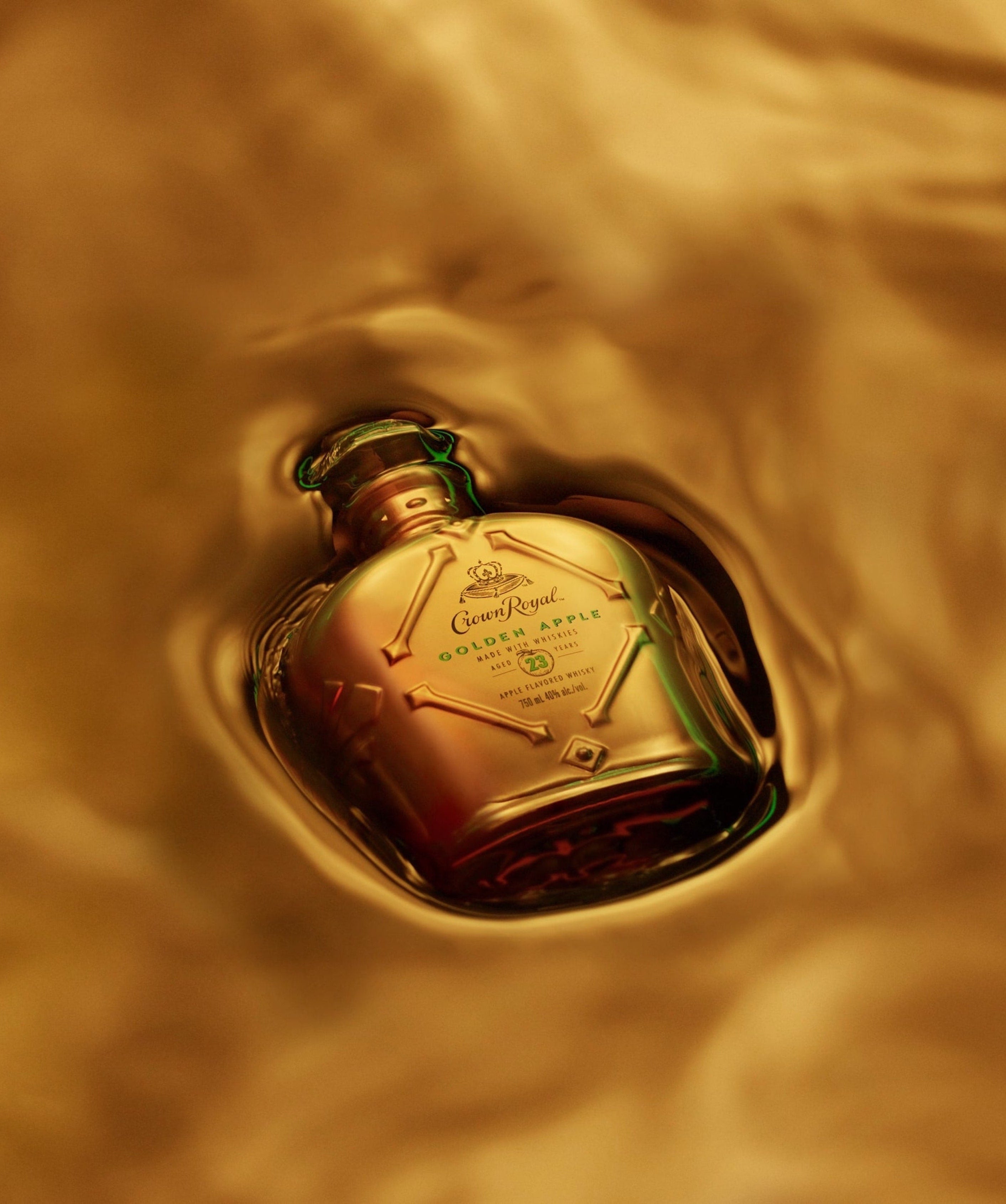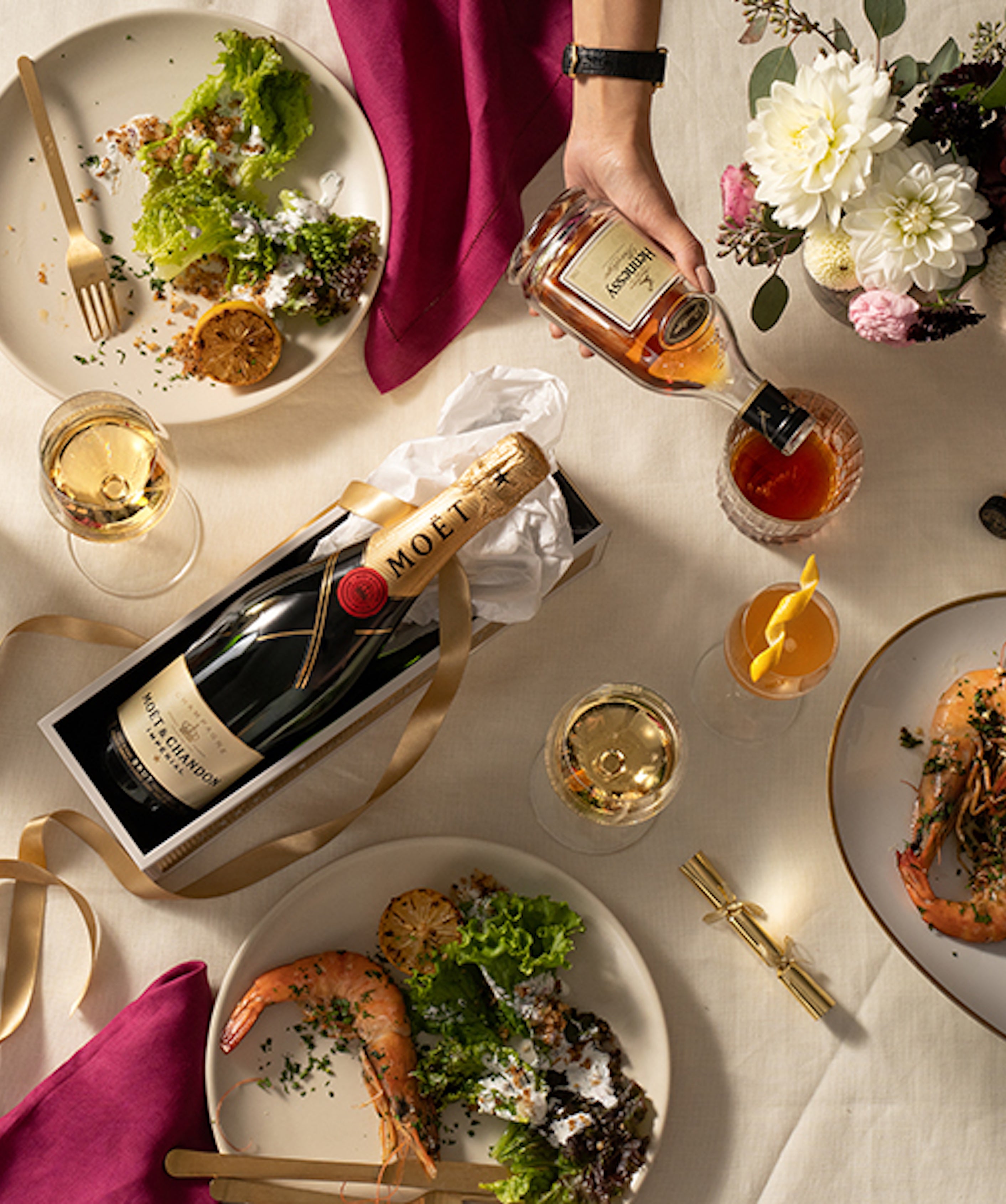



Avuá Jequitibá Rosa Cachaça
Ships from San Diego, California
Single-sourced from the hills of Carmo, Rio de Janeiro, Brazil. Hand-crafted and aged up to two years in a jequitibá rosa cask, a high density, a light-colored wood with a hint of pink coloring, found only in central and southern Brazil. Produced in a single barrel, this jequitibá rosa aged cachaça is our third offering in a series of native wood experiments. The large vertical cask of light, rich wood imparts a fruity aroma with a delicate yet slightly bitter flavor. Enjoy it in cocktails, sipped neat, or paired with a cold beer.
Pink Vesper - 2oz Avuá Jequitiba Rosa, ½ oz Vodka, ½ oz Lillet Blanc, Garnish Lemon Twist
SUSTAINABILITY
Avuá as a company passionate about the culture, heritage and ecology of Brazil has a strong commitment to sustainability of its products and its supply chain. Regarding the woods of cachaça, we work to ensure replanting and sourcing from sustainable stocks, as well as improving and optimizing our supply chain over time and contributing over time to a larger conversation about sustainability of cachaça.
What is Cachaça?
Cachaça is Brazil's national spirit, a distilled spirit made from fermented and distilled sugarcane juice. It has a history of almost 500 years, blending three trends in Brazilian culture: Indian, African, and Portuguese. Cachaça is often compared to rum because they share a sugar-based distillate, but cachaça is made from freshly-pressed sugarcane juice, while rum is not. Cachaça is sweeter and has a different taste than rum because it is made directly from sugarcane juice.
Choose options







